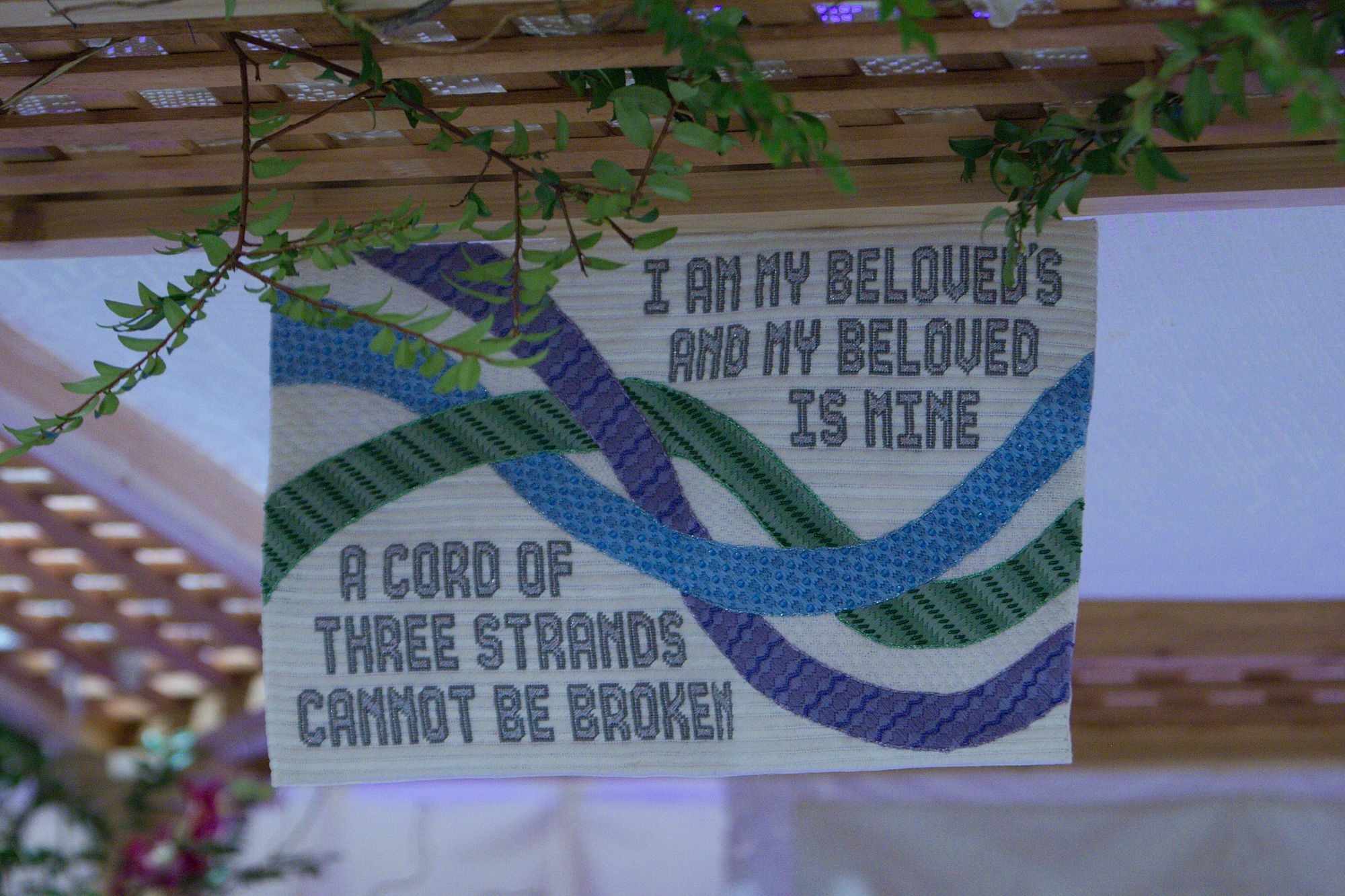When the scholar Milton Himmelfarb was asked what one calls the grandchild of an intermarried Jew, he responded, “A Christian.”
Rabbi Adin Steinsaltz is quoted to have said,
A Jew is not someone whose grandparents are Jewish but someone who wants his or her grandchildren to be Jewish.
Rabbi Moshe Tendler took this one step further.
If he will not have a grandchild who’s a Jew, he’s already not Jewish.
With these messages instilled in the community throughout the generations, it is not surprising that when a child or grandchild brings home a non-Jewish partner, it can be upsetting or traumatic. No less than the future of Judaism and our ability to define ourselves as a Jew has been tied to our descendants’ marital and procreation decisions.
What, then, to do if your child or grandchild calls home to tell you that they are in love with someone who is not Jewish?
As a Jew who made that call to my parents some 22 years ago, I would love to quote Lin-Manuel Miranda (“love is love is love is love”) and pretend that the choice does not matter.
But of course it matters. Falling in love isn't always a choice, but getting married may be the most important choice we ever make. In a way, marriage is the ultimate act of faith, linking your life to another. That person’s religion, faith, culture, beliefs, soul and being – all will impact your shared future.
Maybe you believe that interfaith marriage is never the right choice – whether for halachic reasons, cultural reasons, beliefs about Jewish continuity, or just a desire to increase the odds that you will have Jewish grandchildren. But if one day in the future, you get that call from someone that you love telling you that love has come into their life, I ask you to pause and consider your response.
You might be inclined to share every emotion that you are having. The conflict that you feel between the love for your child and the love for your religion and your community. You might want to speak of God’s judgment. You might want to remind them of those that we lost in the Holocaust. You might want to quote Tevye’s final confrontation with Chava.
If I try and bend that far, I’ll break.
Again, I ask you to pause.
Jewish scholar Erica Brown writes, “Every parent has a choice when responding to their children’s choices: to accept with love or to reject with judgment. That does not mean that you agree with all of your children’s life decisions, but you decide to honor their right to make their own decisions. And, in time, many parents find that in doing so, they don’t lose a child but gain a new child.”
I can share data about the generational changes illustrating that a Jewish path is not foreclosed if your child marries outside the faith. I can share anecdotes about children of intermarriage who became Rabbis. I can cite example after example of Jews in our community who live happily married to non-Jews and highly engaged in the community.
But none of this matters.
The reality is that we do not get to make choices for our children. We do not get to navigate their journey for them. We have only the two options outlined by Dr. Brown: accept with love or reject with judgment.
So pause and ask yourself whether it is within your power to choose to respond to love with love?

Comments
Sign in or become a Nu?Detroit member to join the conversation.
Just enter your email below to get a log in link.